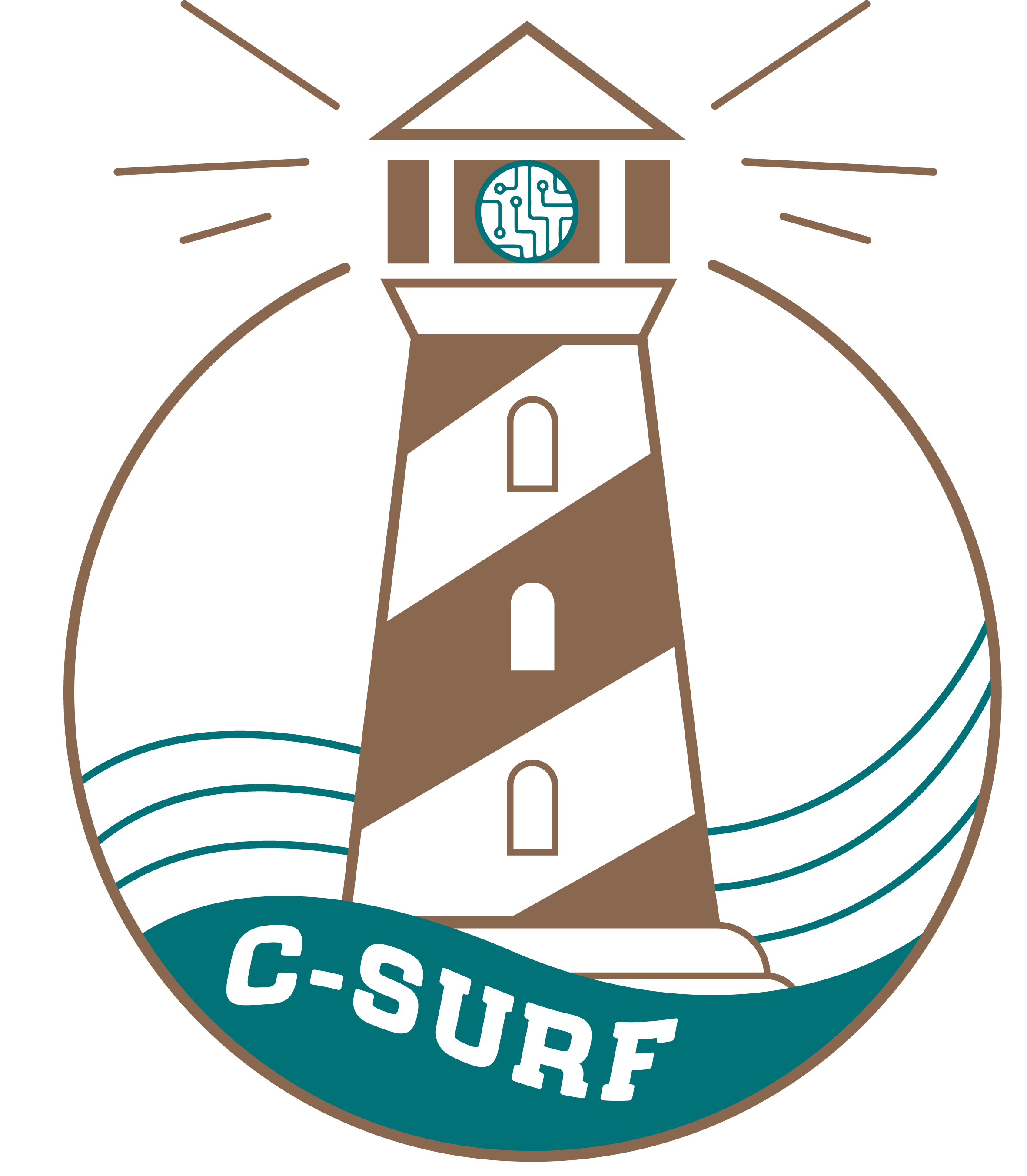 |
Title Impact of Northern Pacific Sea Ice Loss on Global Climate Dynamics during the Westward Quasi-Biennial Oscialltion Phase
Abstract The declining trend in the observed summertime sea ice extent is most apparent over the Pacific Region of the Arctic Circle. Using an atmosphere-only climate model with a well resolved stratosphere, we performed 20-member, year-long ensemble experiments contrasting anomalous sea ice loss in the Chukchi-Bering Seas against climatological sea ice to examine changes in global dynamical response and associated planetary-scale Rossby wave (or planetary wave) forcing. With fixed solar minimum conditions and a prevailing westward phase of the Quasi-Biennial Oscillation (QBO), these experiments excluded the impact of anomalous sea surface temperature and increasing greenhouse gases. The simulated wind response showed a poleward shift of the Atlantic jet, a weakened Pacific jet, and polar vortex evolution with early winter strengthening followed by late winter weakening. Zonal-mean polar stratospheric wind anomalies generally descended in time with sporadic barotropic extension toward the surface. Corresponding tropospheric wind anomalies manifested as the positive Arctic Oscillation phase. Anomalous planetary wave forcing accounted for some of the simulated polar stratospheric wind changes; however, the role of gravity waves and Coriolis torques still needs to be considered. The prevailing westward QBO intensified as a result of the prescribed sea ice loss.
Faculty Advisor: Var Limpasuvan, Coastal and Marine Systems Science
Graduate Student Mentor: Jiarong Zhang, Coastal and Marine Systems Science
|


